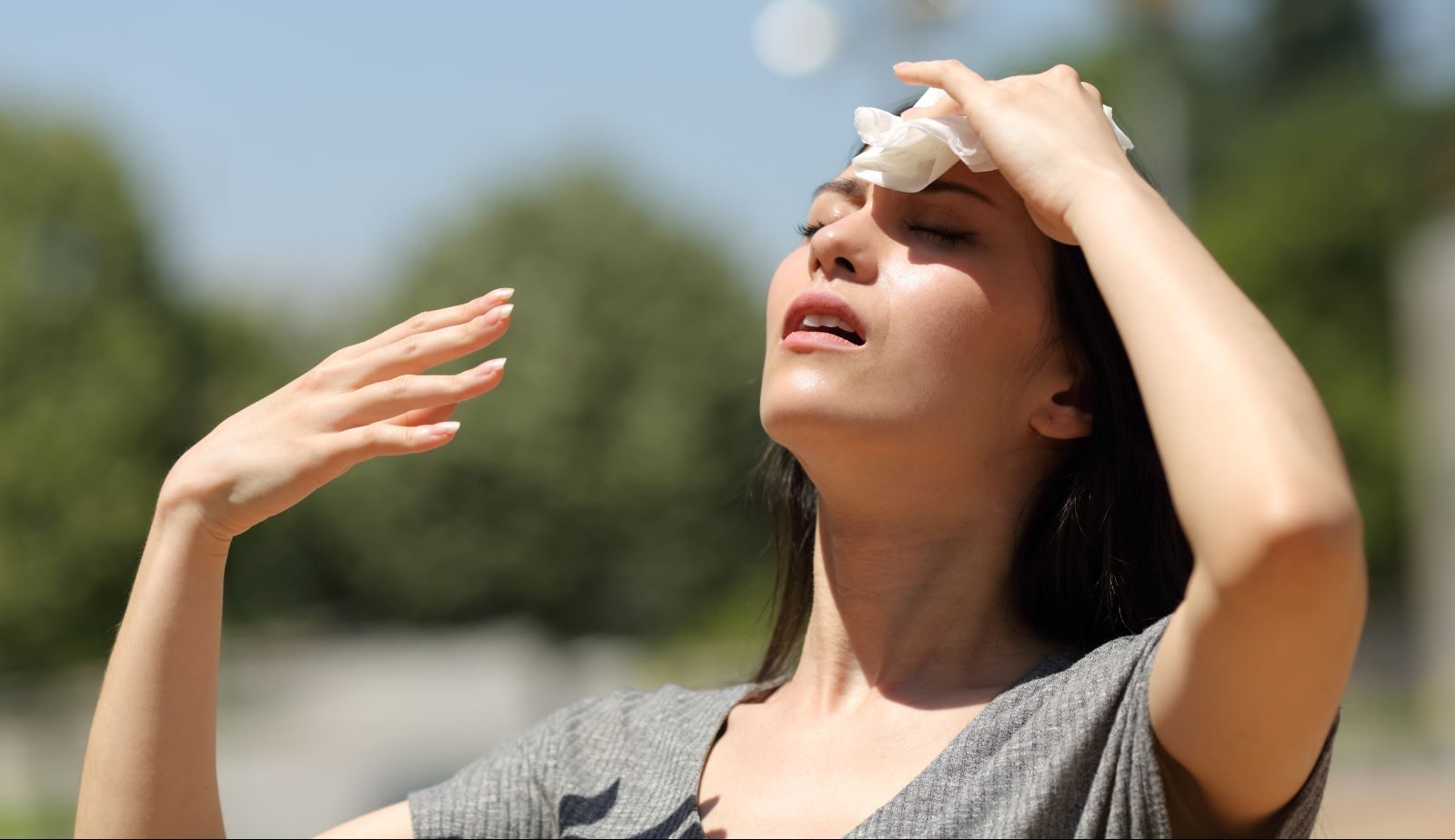<< Back
5 Surprising Ways Heat Waves Can Impact Your Health

August 25, 2022
With so many heat waves this summer, you’ve probably heard enough about dehydration, heat exhaustion and heat stroke.
But the health risks of extreme heat go well beyond these common conditions. Here are five lesser known ways hot weather can affect your health, particularly during this sweltering summer. Hot weather:
- Causes kidney stones. Evan Shreck, MD, of Hartford HealthCare’s Tallwood Urology and Kidney Institute said studies show kidney stones are more common in the summer when there are higher temperatures and humidity. He added that staying hydrated can help you avoid this painful condition.
- Impacts your mood. Extreme heat can lead to more aggressive behaviors, stress and anxiety. A recent study showed that there are more mental health-related emergency department visits when it’s hot.
- Makes existing conditions flare up, such as COPD or heart disease, because organs don’t work as well when temperatures are scorching.
- Results in more fatalities from cardiovascular disease, respiratory disease, and cerebrovascular disease, according to the Centers for Disease Control and Prevention. It also contributes to more hospital admissions for cardiovascular, kidney and respiratory disorders.
- Leads to mysterious cold or allergy symptoms. During the recent heatwaves, Hartford HealthCare has seen a surge in patients with these symptoms. Dilpreet Kaur, MD, a Hartford HealthCare Medical Group pulmonologist in Willimantic, said these conditions could be caused by allergies, excessive use of air conditioning, viral infections or mold. “But most importantly, it could be COVID,” Kaur said. “Please check for COVID whenever in doubt, especially when multiple people in the same household have cold-like symptoms.”
> Worried about any of these conditions? Schedule an appointment with a provider today
Who’s at risk?
Even with September just around the corner, there is no end in sight to this year’s summer scorcher. Dr. Kaur said that makes it even more important to monitor high risk individuals – those with chronic conditions, young children, older adults, athletes and those who work outdoors.
Beat the heat
- Wear appropriate clothing: Choose lightweight, loose-fitting clothing.
- Stay indoors: Stay in an air-conditioned place as much as possible.
- Schedule outdoor activities carefully: Try to limit your outdoor activity to when it’s coolest, rest in shady areas.
- Pace yourself: Cut down on exercise during the heat.
- Wear sunscreen.
- Avoid hot and heavy meals.
- Stay hydrated.